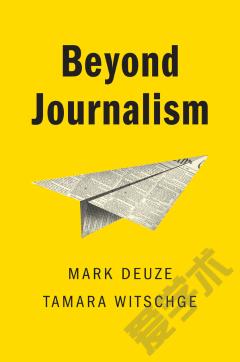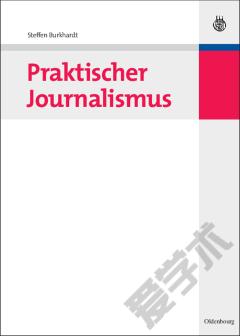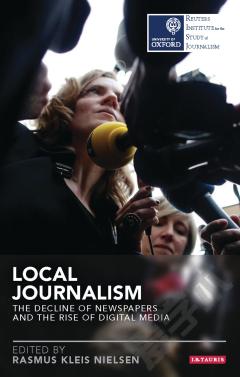Journalism
Journalism researchers have tended to study journalistic roles from within a Western framework oriented toward the mediaâs contribution to democracy and citizenship. In so doing, journalism scholarship often failed to account for the realities in non-democratic and non-Western contexts, as well as for forms of journalism beyond political news. Based on the framework of discursive institutionalism, we conceptualize journalistic roles as discursive constructions of journalismâs identity and place in society. These roles have sedimented in journalismâs institutional norms and practices and are subject to discursive (re)creation, (re)interpretation, appropriation, and contestation. We argue that journalists exercise important roles in two domains: political life and everyday life. For the domain of political life, we identify 18 roles addressing six essential needs of political life: informational-instructive, analytical-deliberative, critical-monitorial, advocative-radical, developmental-educative, and colla...
{{comment.content}}








 京公网安备 11010802027623号
京公网安备 11010802027623号